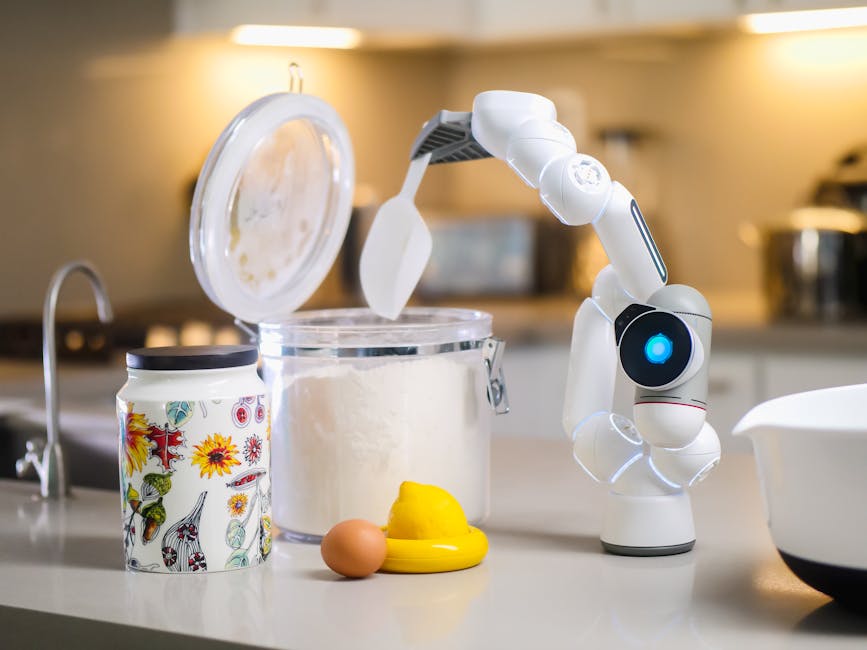The Hidden Dangers Of Everyday Convenience: Are We Sacrificing Our Health For Comfort?
En Promo sur Amazon
En Promo sur Amazon
In a world driven by rapid technological advancements and an insatiable desire for convenience, it’s easy to overlook the potential risks that come with our modern lifestyle. We revel in the ease of grocery deliveries, instant streaming, and smart home devices, celebrating the time and effort these innovations save us. However, beneath this shiny veneer of convenience lies a troubling reality that stirs concern: Are we unwittingly compromising our health and well-being in exchange for comfort?
As we embrace the notion of convenience, we must also confront the consequences that come along with it. A growing body of research suggests that many of the shortcuts we take in our daily lives may lead to long-term health issues. From sedentary behavior to unhealthy eating habits, the question arises: Is the price of convenience worth it? This article aims to shed light on the hidden dangers lurking behind our quest for an easier life, igniting both concern and hope for a more balanced future.
En Promo sur Amazon
One of the most alarming consequences of our convenience-driven culture is the rise in sedentary lifestyles. With the proliferation of streaming services, online shopping, and remote work, many individuals find themselves spending hours glued to screens. This shift has contributed to an increase in obesity rates, cardiovascular diseases, and other health issues linked to physical inactivity. The excitement of having everything at our fingertips comes at a steep price, as our bodies suffer from a lack of movement and engagement with the world around us.
Moreover, the convenience of fast food and processed meals has led to a nationwide decline in nutritional quality. As we prioritize speed and efficiency, we often neglect the importance of wholesome, home-cooked meals. The prevalence of unhealthy food options, laden with preservatives and sugars, has resulted in a spike in diet-related diseases such as diabetes and hypertension. This alarming trend raises urgent questions about our priorities: Are we truly nourishing our bodies, or are we simply feeding our craving for immediate gratification?
En Promo sur Amazon
Another overlooked aspect of our convenience culture is the impact of technology on mental health. While smartphones and social media platforms connect us in unprecedented ways, they can also lead to feelings of isolation, anxiety, and depression. The constant barrage of notifications and curated online personas can create unrealistic expectations and a sense of inadequacy. As we navigate this digital landscape, it’s crucial to strike a balance between the benefits of connectivity and the potential emotional toll it can take on our well-being.
In light of these challenges, there is hope for a healthier future. As awareness of the hidden dangers of convenience grows, so does the movement towards mindful living. People are beginning to prioritize their health over fleeting comforts, seeking out local produce, engaging in physical activities, and cultivating genuine relationships. This shift represents a collective desire to reclaim our well-being amidst a world that often prioritizes speed over substance.
Ultimately, the choice is ours to make. While the allure of convenience is undeniable, we must remain vigilant about its potential repercussions on our health. By fostering a culture of mindfulness and intentionality, we can navigate the modern landscape without sacrificing our well-being. Embracing a lifestyle that values both convenience and health can lead to a brighter, more fulfilling future—one where we can enjoy the benefits of technology without compromising the essence of what it means to live well.





